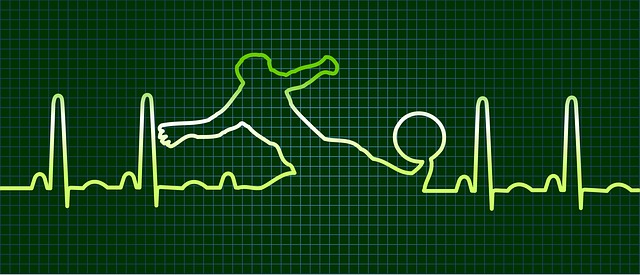Here is an interesting clinical paper that explores predictors of atrial fibrillation in users of ibrutinib
I believe this is exactly the kind of study that we n need to see more of in this disease. In other disease areas this is the kind of thing that happens a lot. There are even large registries of patients which look at outcomes in uncontrolled real world settings. These can even be lead by the patient groups in some cases. Although the numbers or patients are not that impressive, the results are clear. Essentially, the take home message is that fibrillation is usually predictable in patients on ibrutinib in that it is much more likely to happen in people who already have abnormalities in their hearts detectable on ECG or echocardiogram (essentially an unltrasound of the heart) or have high blood pressure.
The other interesting point is that if someone develops this side effect it doesn’t necessarily mean they have to stop the drug, with one person even being fitted with a pacemaker so they could continue.
It’s a nice short paper. I would hope that others would want to replicate the results in their own patient groups. Oh how I wish we had a large registry in CLL!
ncbi.nlm.nih.gov/pmc/articl...
This is an unlocked post to allow Google to index it, so do not post anything personal in your comments that you wouldn’t want to show up in a google search.

